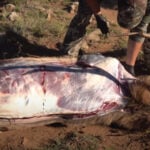LAST UPDATED: April 22nd, 2021
Despite the recent boom in public land hunting interest, most hunters would jump at the chance at a great deal on a killer hunting lease. But that same eagerness to score on a great hunting property is what often leads many hunters to get themselves into a mess when it comes to a hunting lease. There are a number of mistakes hunters make that result in a frustrating season, wasted money, and a bad experience with a lease they can’t gt out of. Here’s our short list on what every hunter needs to know before leasing hunting property.
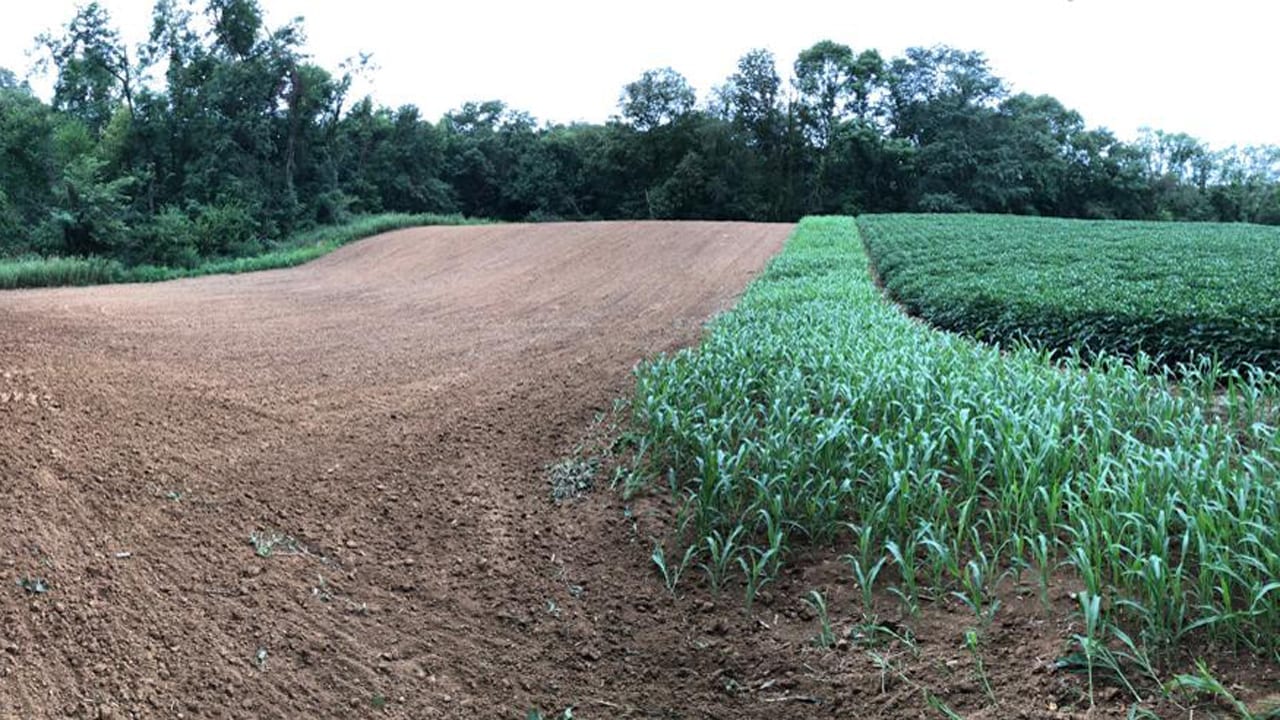
Think you’re ready to pull the trigger on a hunting lease? Here’s what you need to know before you make your move.
What is Your Budget?
Whether you want to admit it or not, you have a budget when it comes to leasing a property for hunting. What is your budget? Hunting leases vary in price depending on location, number of acres, and quality/quantity of game commonly seen. Most leases are written for one year so your group can take advantage of several hunting seasons, like fall deer and spring turkey hunting seasons. Having a year-long lease really helps in the overall use of the property. Before you lease, ask yourself if you plan on having the lease for yourself or with a group. If you are okay with having a small group of family and friends hunt the property, it can help to spread out the cost and make for some memorable hunts with the group.
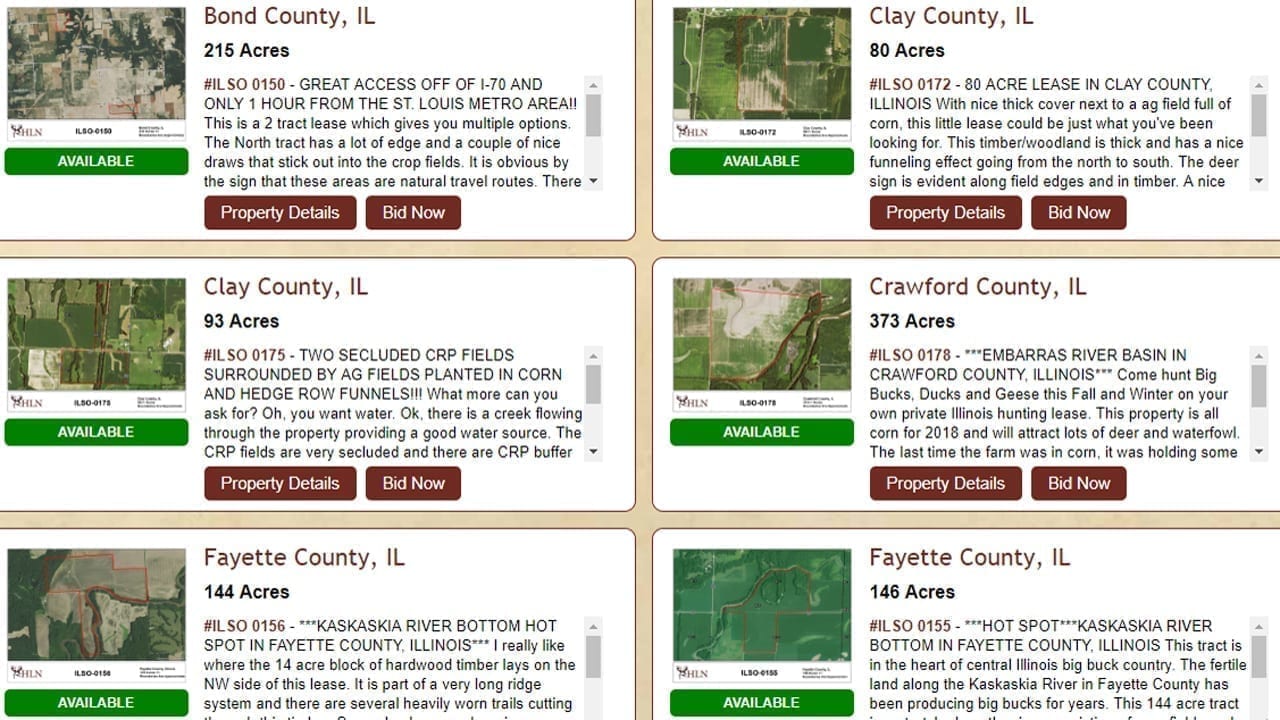
Knowing your hunting lease budget will greatly narrow things down when shopping for your next hunting farm.
Have You Inspected the Property?
This sounds like a no-brainer, but every year countless hunters agree on a lease without putting boots on the ground. Be sure to make sure to inspect the property before you secure a lease. Asking for permission to walk a potential lease is one of the biggest things to do to make sure it fits what you are looking for. Not all properties have the same layout or feel, and only you can make for certain that it’s what you are looking for.
Can You Plant Food Plots?
If food plots are your thing, make sure to find out before you lease if they are allowed. Most leases are fine with food plots as long as they are approved by the landowner first and they do not interfere with other farming practices already taking place. Some of the best, and easiest, food plots can be to pay the farmer to leave some standing crops in certain areas that usually get hammered by wildlife.
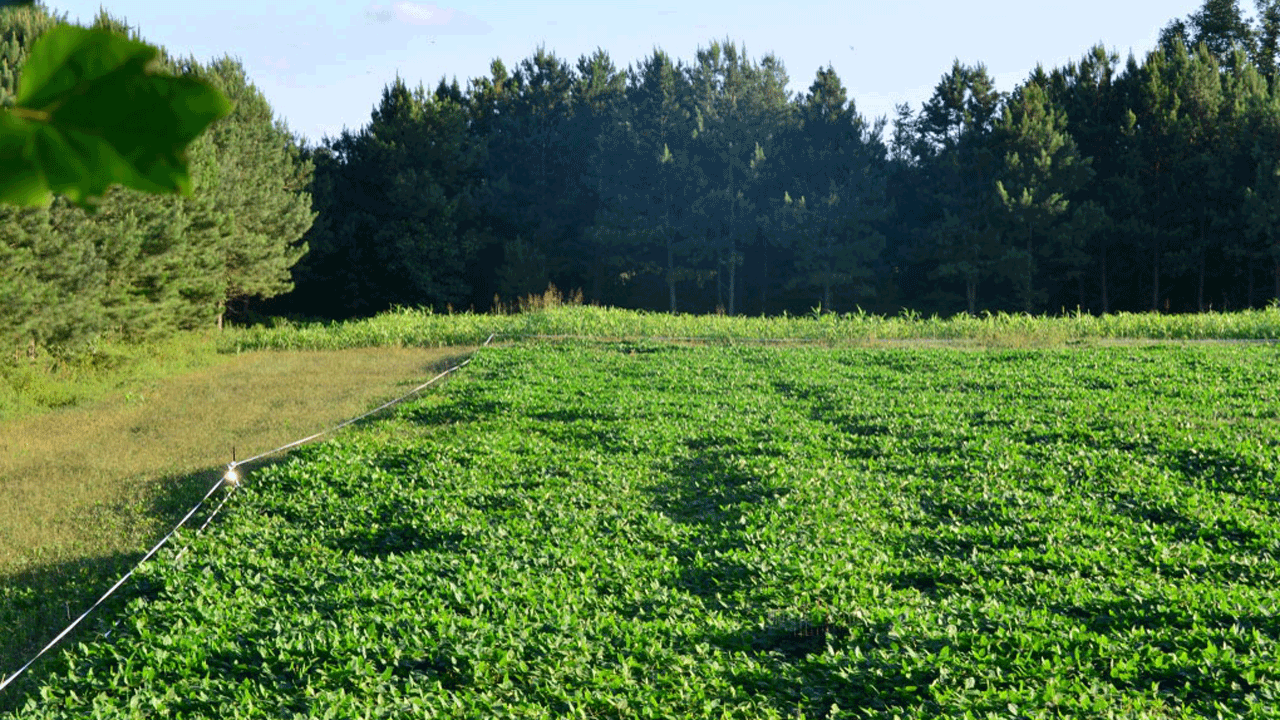
Does your lease contract allow you to plant food plots?
Do You Have Liability Coverage?
You’ll want to make sure you have the proper hunting liability coverage for the property you’ll be leasing. Most landowners require this these days before they’ll even consider leasing the property. It’s a good move on everyone’s part to have this in place.
Have a Lease Agreement Prepared and Ready
Before approaching a landowner, make sure you have a good, well written hunting lease that protects both the hunter and the landowner. It’s always in everyone’s best interest to have things written down so there is no misunderstanding on what can and cannot be done on the property.
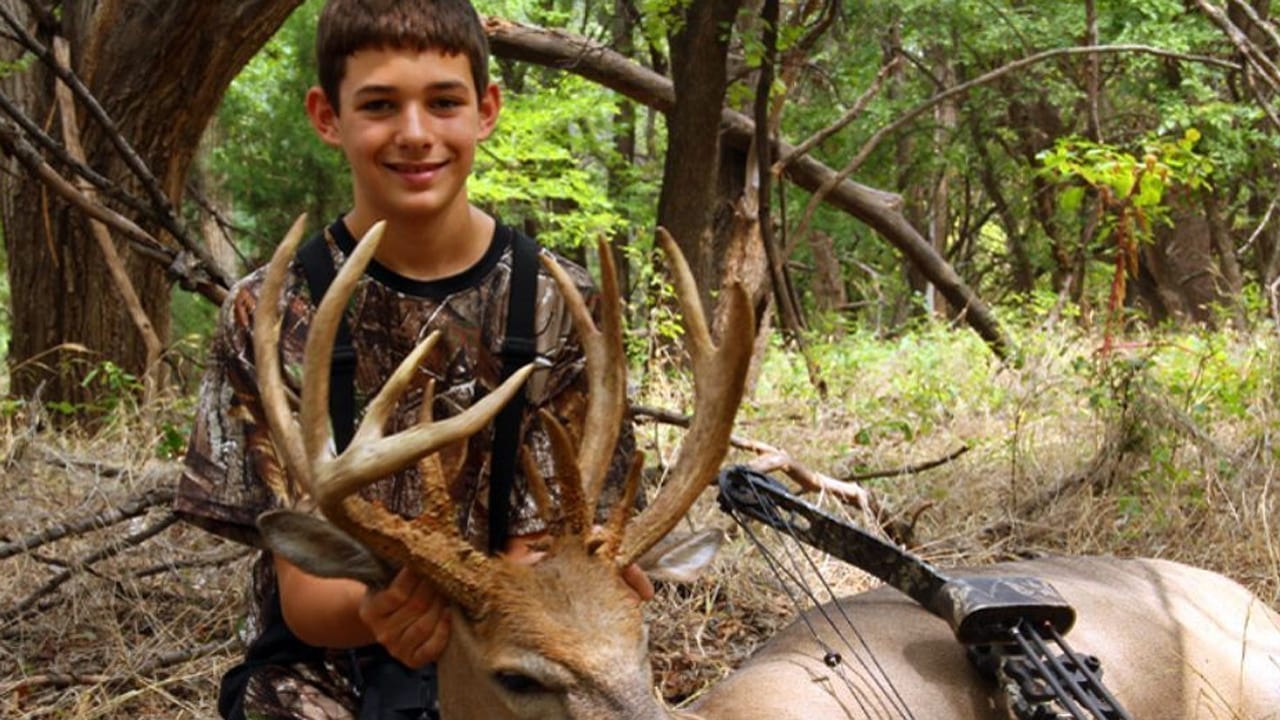
A hunting lease can provide a season of priceless hunting memories for you and your family. Just be sure you know the basics before you pull the trigger on a contract.
Conclusion
Hunting leases provide an opportunity for more people to hunt great properties. But it must be done right. Companies like Hunting Lease Network take all the guesswork out of the process and help you navigate through the ins and outs of how to secure a hunting property. They can expedite things like payment terms, food plot placement, liability coverage, and executing a well written lease contract.
Take the time to find the right property this season, avoid the pitfalls mentioned above, and you just might be in for your best hunting season yet.

 By
By 

